
The History Of Dental Mouthwash Is Older Than You Think

In terms of common dental care products online, mouthwash should be a critical part of a person’s daily dental routine in order to help protect the mouth and gums from a range of bacterial hazards.
Whilst most people assume that dental mouthwashes began with Joseph Lister and the Listerine mouthwash that was named after him and has since become ubiquitous.
However, the history of mouthwash is almost as old as the history of medicine itself, and some of the earliest dental health traditions had some form of mouthwash.
The earliest alleged form of mouthwash comes from the ancient Indian medical practice of Ayurveda, which references rinsing the mouth as a way to reduce the risk of gingivitis and gum disease.
By Ancient Greece and later Ancient Rome, the practice of brushing one's teeth had become a common practice, and to go alongside this, a range of mouth rinses had become promoted with mixed results.
One of the most commonly cited was attributed to the early doctor Hippocrates, which mixed alum, vinegar and salt together to create what is effectively a saltwater rinse.
The alum was later removed and saltwater washes became a common treatment for sore throats, mouth ulcers and teething troubles, largely because it felt like it was working as much as it actually was.
The modern history of mouthwash began with Anton van Leeuwenhoek, the first person to discover bacteria on what is now known as dental plaque.
He found that whilst vinegar and brandy could kill bacteria in water, something stronger was needed to kill them in the mouth.
It would take hundreds of years for this discovery to translate into a consistent pharmaceutical product, with Richard Seifert’s Odol and later the commercial version of Listerine reaching the market in the 1890s, increasing in popularity over the following century.

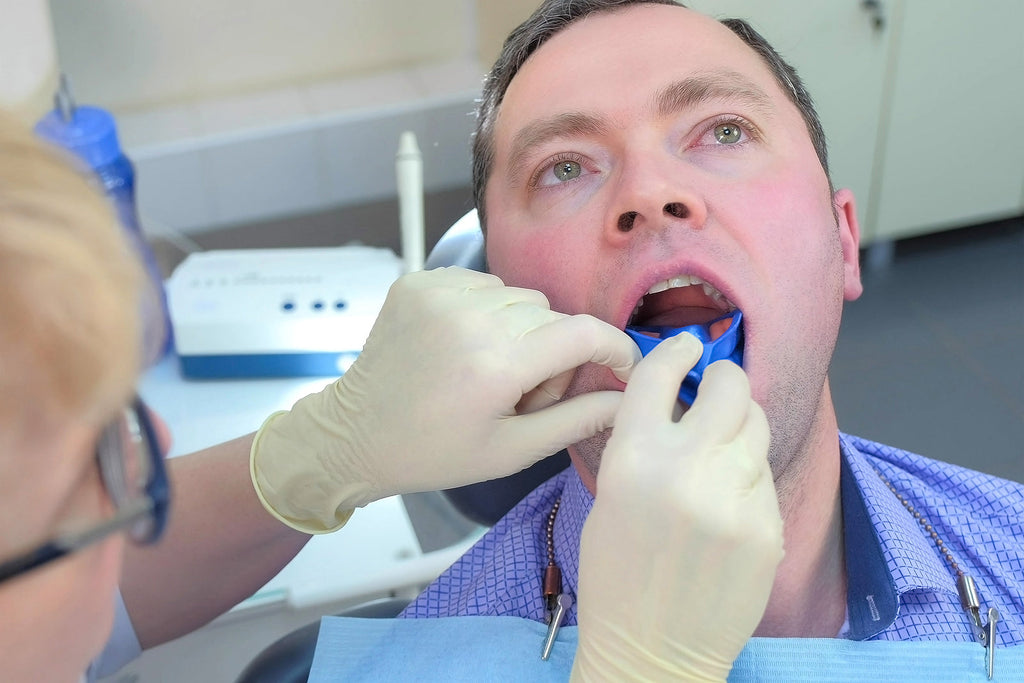
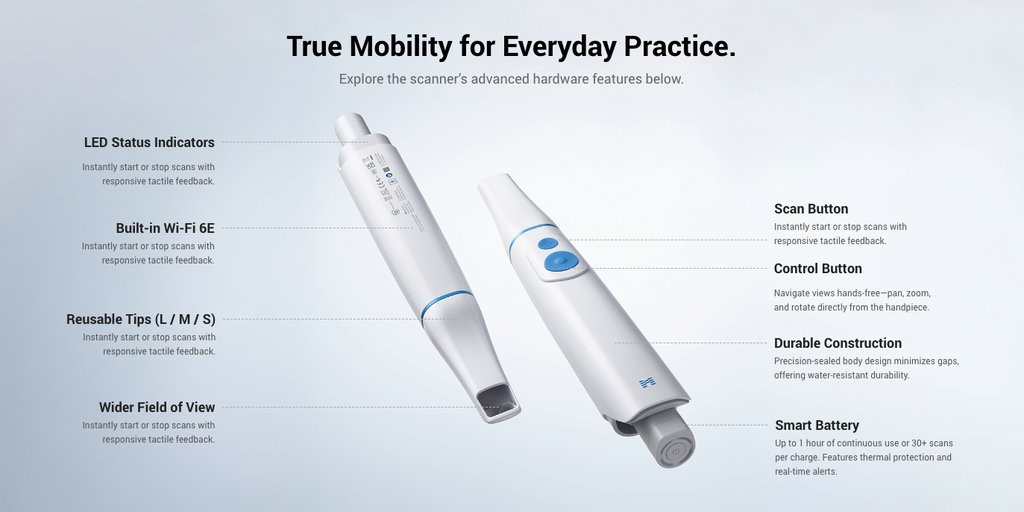




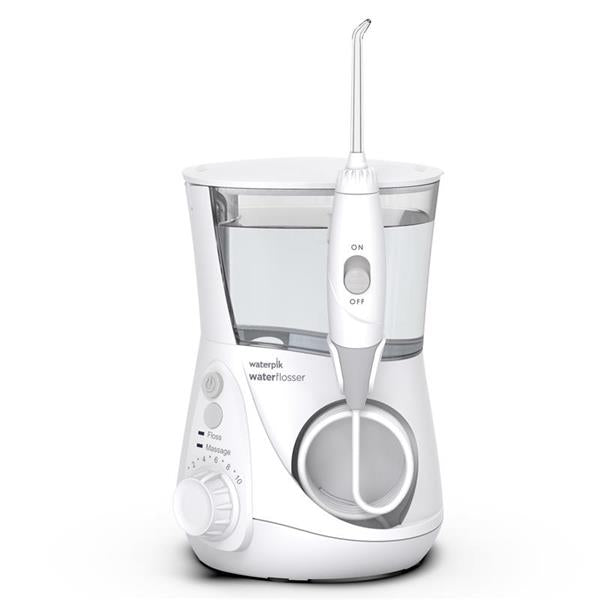
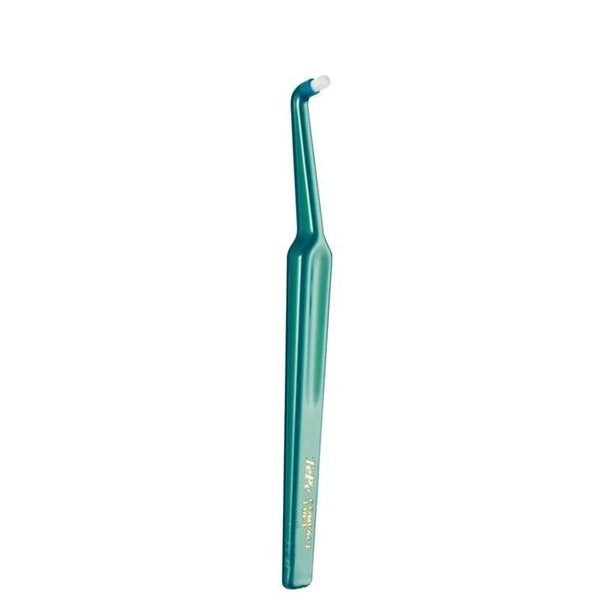
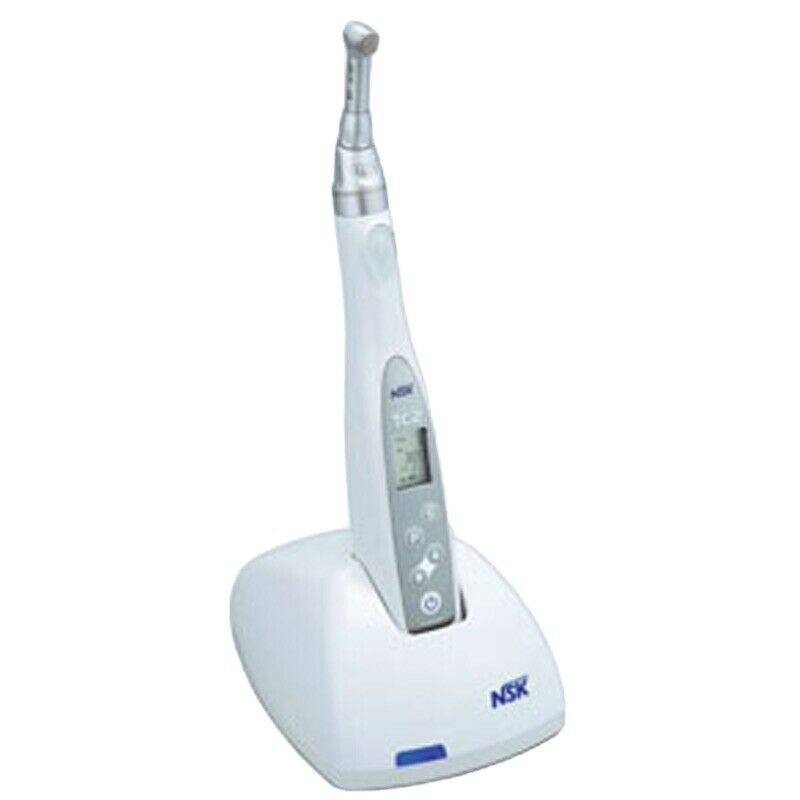

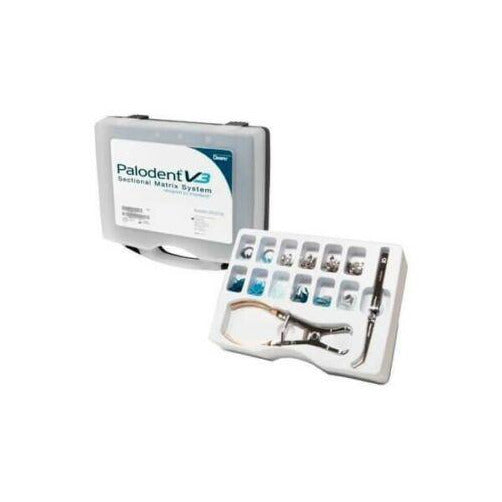

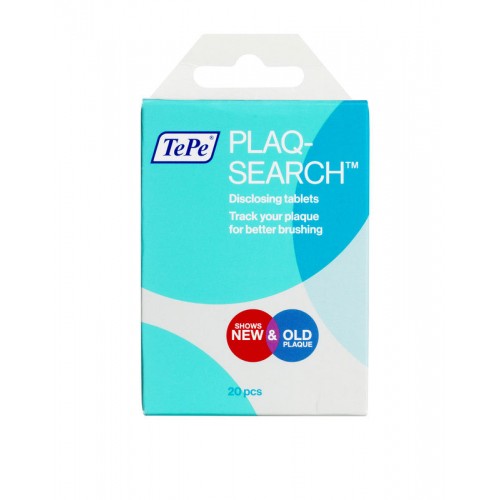
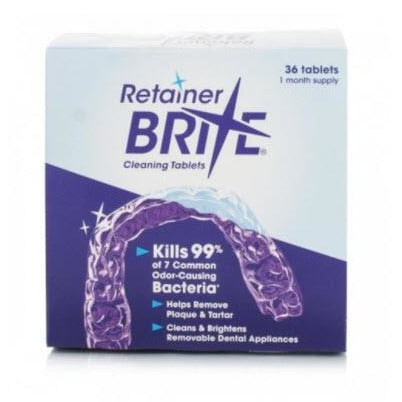











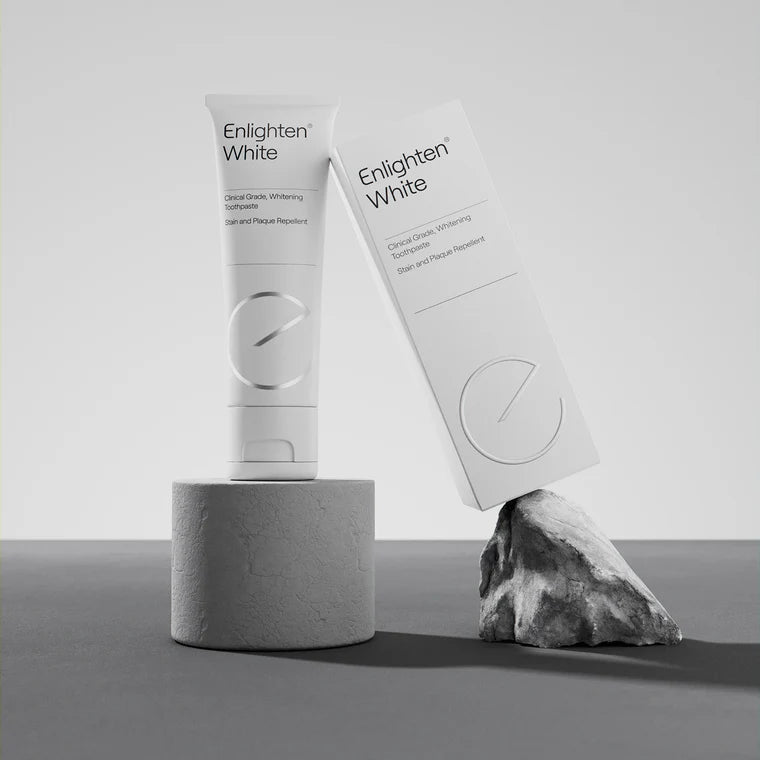
 Whatsapp us!
Whatsapp us!